 PET and HDPE bales are fetching lower prices than they were a month ago, but PP and high-grade film have shown stability.
PET and HDPE bales are fetching lower prices than they were a month ago, but PP and high-grade film have shown stability.

 PET and HDPE bales are fetching lower prices than they were a month ago, but PP and high-grade film have shown stability.
PET and HDPE bales are fetching lower prices than they were a month ago, but PP and high-grade film have shown stability.
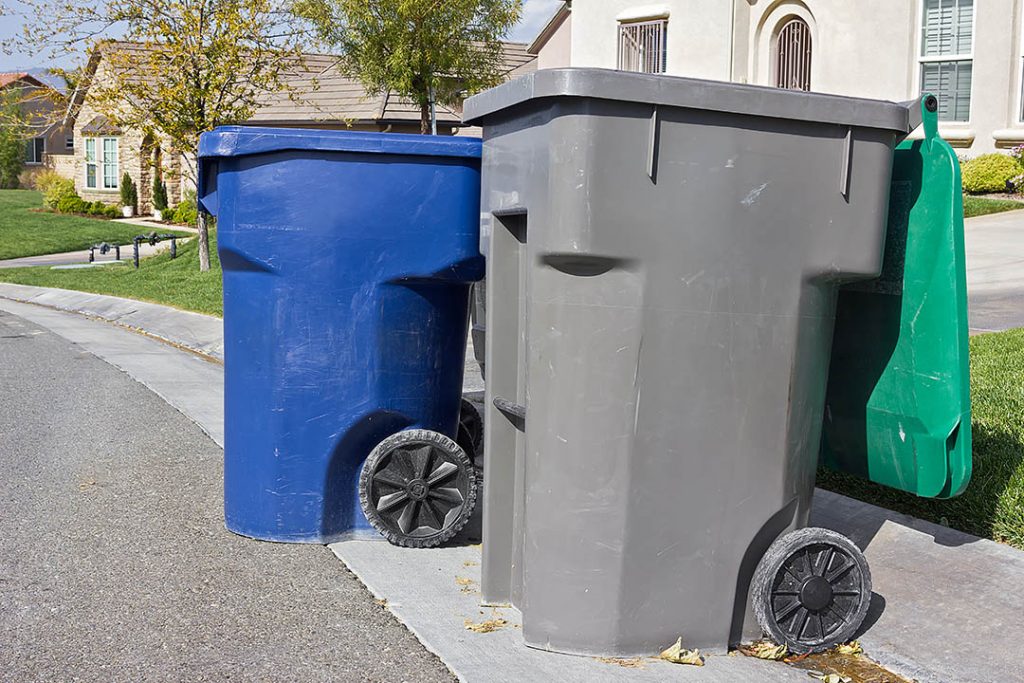
Low prices for key commodities have, in some cases, led to the removal of plastics from curbside recycling programs. | Johnny Habell/Shutterstock
North America’s largest companies collecting, sorting and selling curbside plastics continue to feel the pain of low commodity prices.
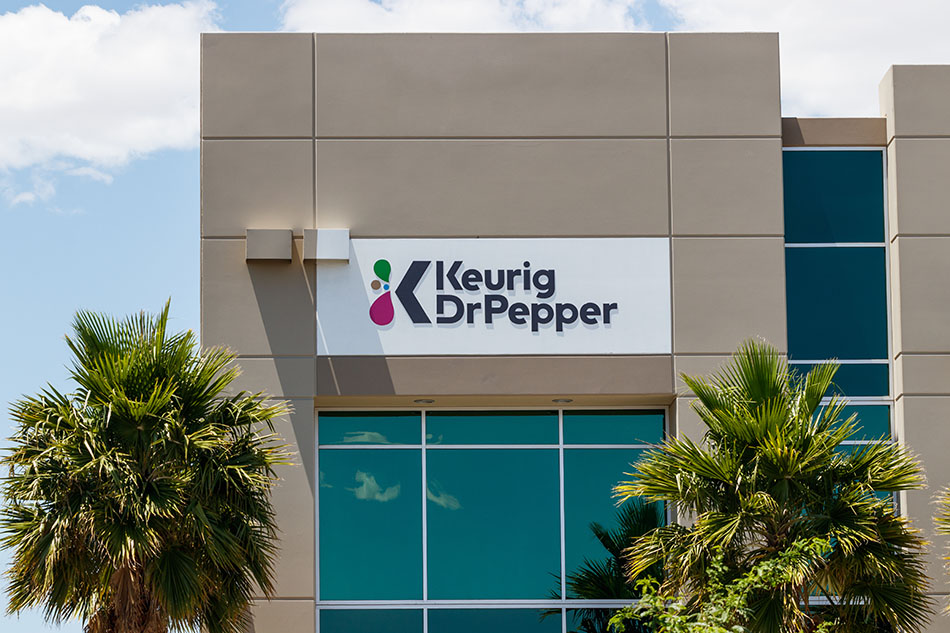
Keurig Dr Pepper says it will make all K-Cup coffee pods in the U.S. recyclable by 2020. | Jonathan Weiss/Shutterstock
Keurig Dr Pepper announced its goal of using 30% post-consumer content across its packaging portfolio by 2025.
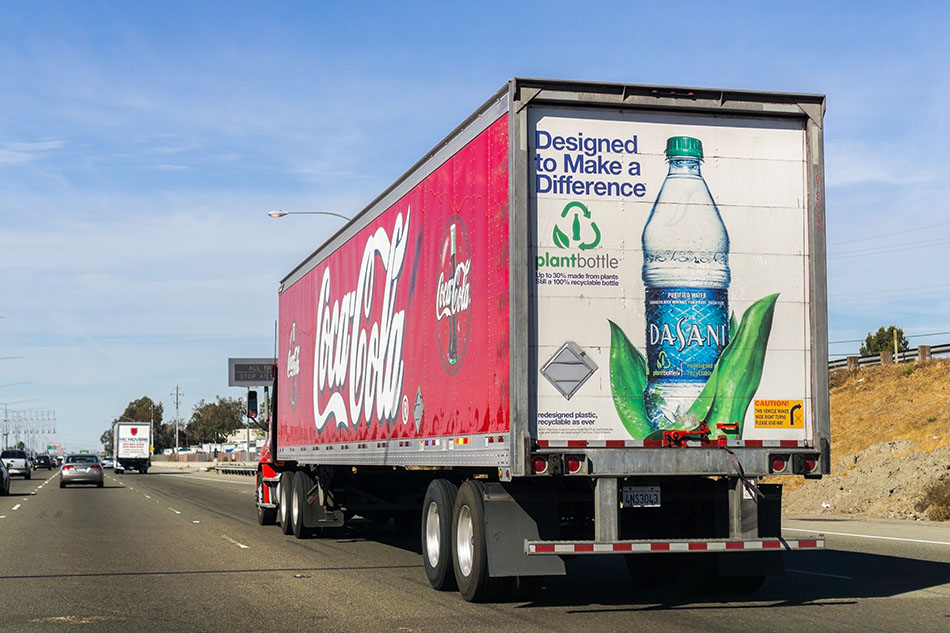
Coca-Cola has a goal to make its bottles and cans with an average of 50% recycled material by 2030. | Sundry Photography/Shutterstock
Coca-Cola will use recycled PET and plant-derived plastic in a Dasani water bottle, creating a package known as the “HybridBottle.” The move is one of several recycling-related changes being rolled out.

In 2017, the Oregon program doubled its deposit value from 5 cents per container to 10 cents. | Courtesy of OBRC.
Oregon’s container deposit system achieved an 81% redemption rate last year, significantly higher than the previous full-year figure. The increase comes after the deposit value doubled.

Sonoco has pledged to boost the post-consumer content in its plastics packaging to 25% by 2025. | Janthiwa Sutthiboriban/Shutterstock
A packaging giant has notched upward the amount of RPET it uses in its food containers.
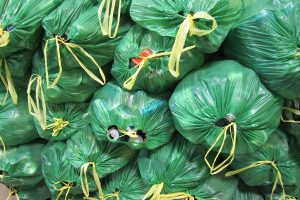 The longest-running container deposit program in the country expects to hit its highest redemption rate in years, shortly after the program doubled its deposit to 10 cents.
The longest-running container deposit program in the country expects to hit its highest redemption rate in years, shortly after the program doubled its deposit to 10 cents.
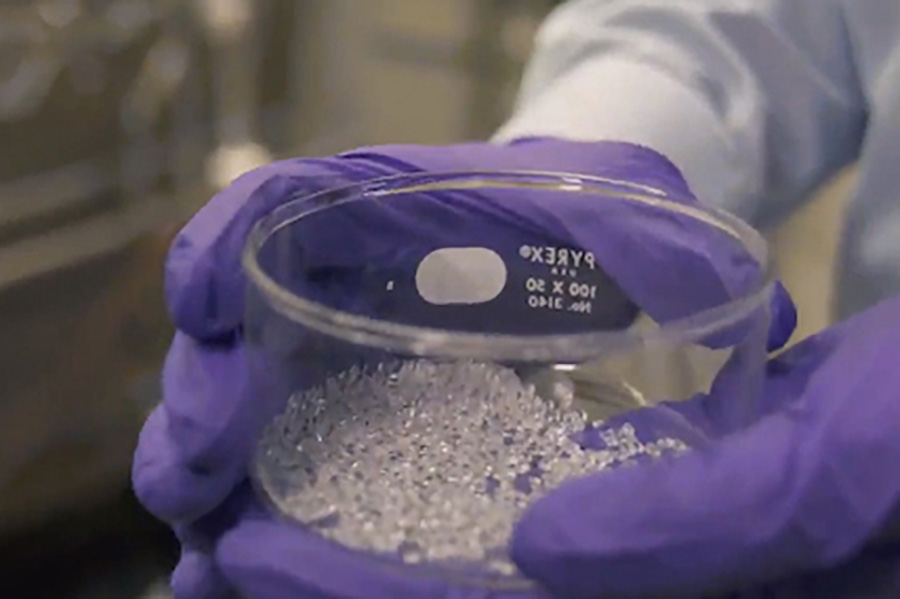
IBM has a goal to recover more PET from highly contaminated streams. | Credit: Wall Street Journal video.
Three different chemistry-based processes for recovering plastics have recently grabbed attention, illustrating the wide range of stakeholders working to find solutions beyond mechanical recycling.

Argentina-based Arqlite’s first gravel products were sold to customers earlier this year. | Courtesy of Arqlite.
Consulting firm B-Green was helping consumer brand owners reduce waste to landfill, but the companies’ packaging lacked a diversion solution. So B-Green went to work developing a recycling technology and end product.
 The U.K. government is helping to fund recycled PP and PE deodorizing research, and an ultrafine PET melt filter is developed.
The U.K. government is helping to fund recycled PP and PE deodorizing research, and an ultrafine PET melt filter is developed.
